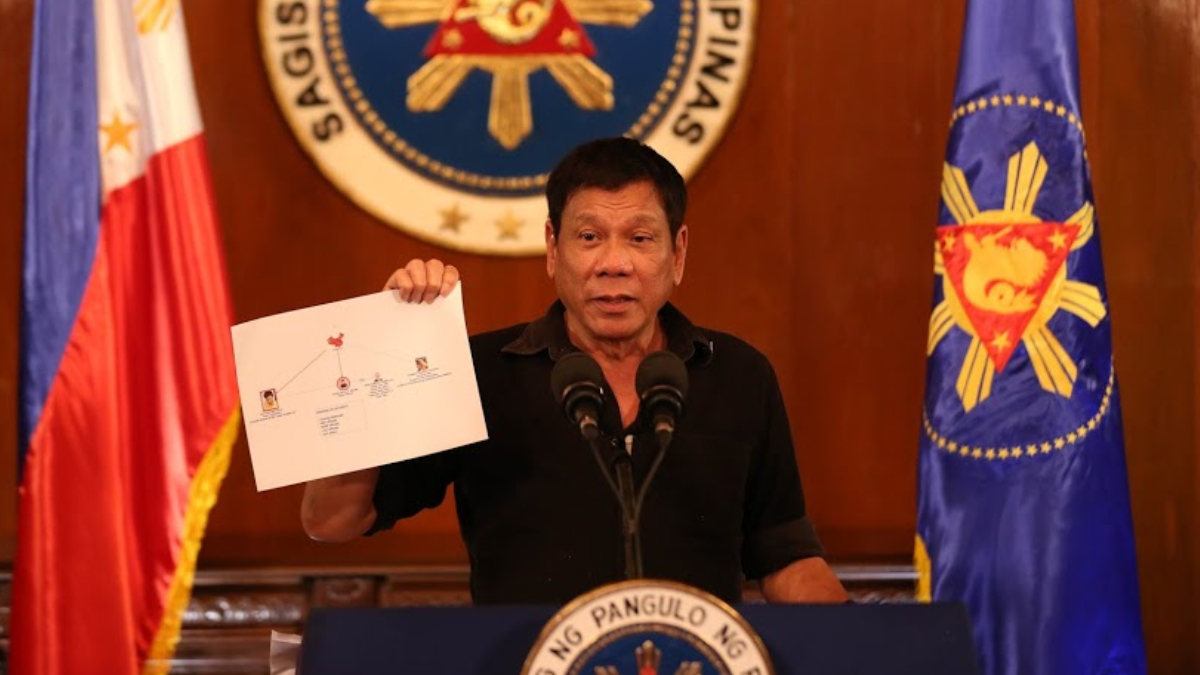The Philippine government will not forward the findings of House hearings on alleged extrajudicial killings during the Duterte administration’s drug war to the International Criminal Court (ICC), Malacañang confirmed Monday, maintaining its stance of non-cooperation with the ICC’s investigation.
“The Philippines will not return to ICC,” said Executive Secretary Lucas Bersamin, responding to calls from legal figures like former Bayan Muna Rep. Neri Colmenares, who suggested referring the findings to the ICC. The Philippines withdrew from the ICC in 2019 over its inquiry into alleged extrajudicial killings (EJKs) linked to the drug war.
The House hearings, led by a “quad comm” group of four committees, have reviewed issues from the previous administration, including the drug war and the operations of Philippine Offshore Gaming Operators (POGOs). While the government remains firm on its refusal to cooperate with the ICC, it will not obstruct any independent interviews the court may arrange with potential witnesses or drug war personalities.
“The President is not expected to change his mind,” Bersamin emphasized in an ABS-CBN News report, referring to President Marcos Jr.’s stance on the ICC.
Some legal experts, such as lawyer Kristina Conti, who represents drug war victims’ families, urged the ICC to consider the findings of the quad comm, stating that it would be neglectful of the court not to authenticate the reports and documents from the hearings.
The hearings have prompted renewed police investigations, including the reopening of the 2020 case involving the killing of sweepstakes executive Wesley Barayuga. Philippine National Police Chief Gen. Rommel Francisco Marbil has vowed to look into claims that law enforcers received rewards for killing alleged drug personalities.
“There is no sacred cow in the investigation,” Local Government Secretary Jonvic Remulla stated, asserting that while the Marcos Jr. administration continues its anti-illegal drug campaign, it will not tolerate extrajudicial killings. Instead, the focus will be on high-level suppliers and dealers.
Since Marcos Jr. took office, the UP Diliman-based Dahas Project has recorded 815 drug-related deaths, with 14 of these occurring in the first week of October.






